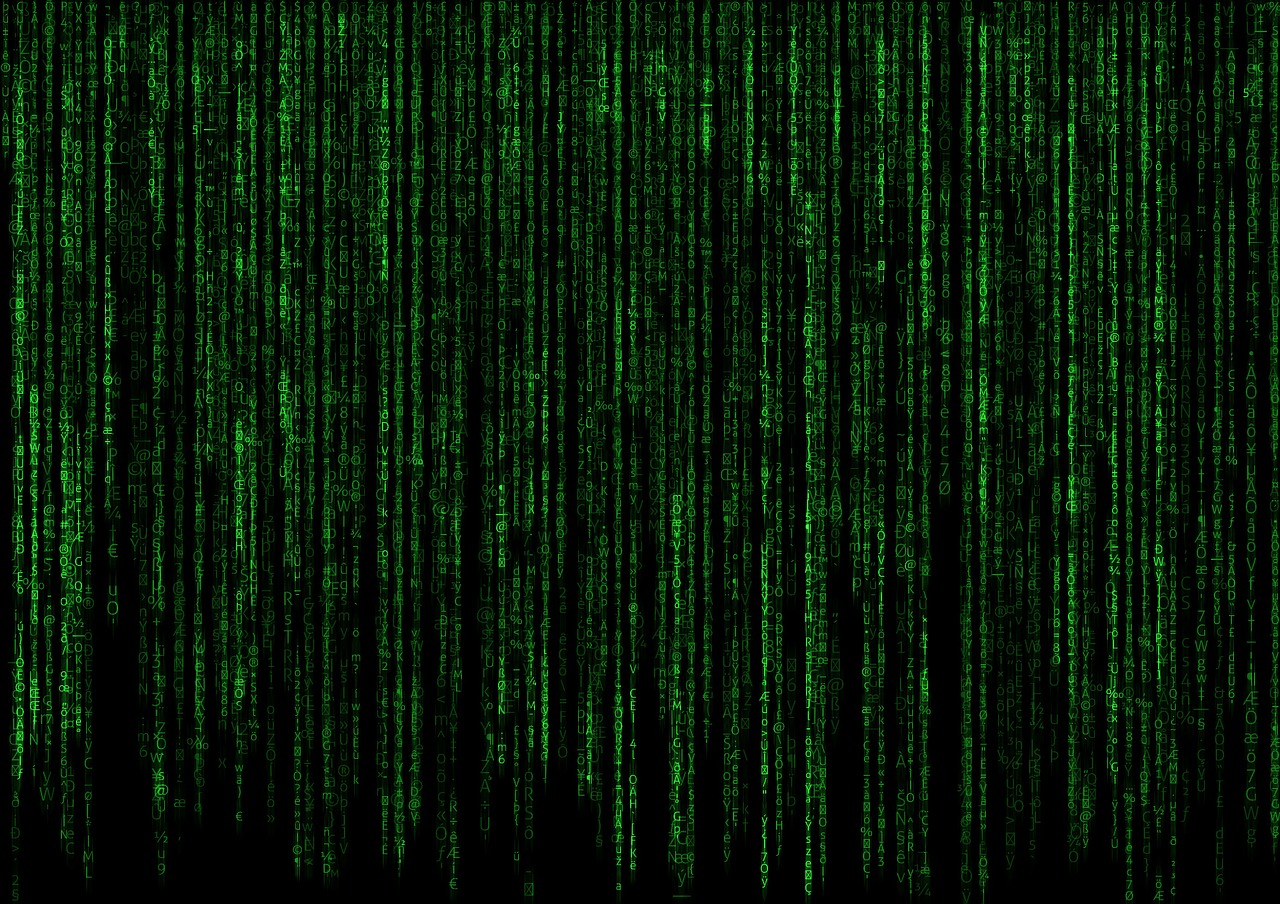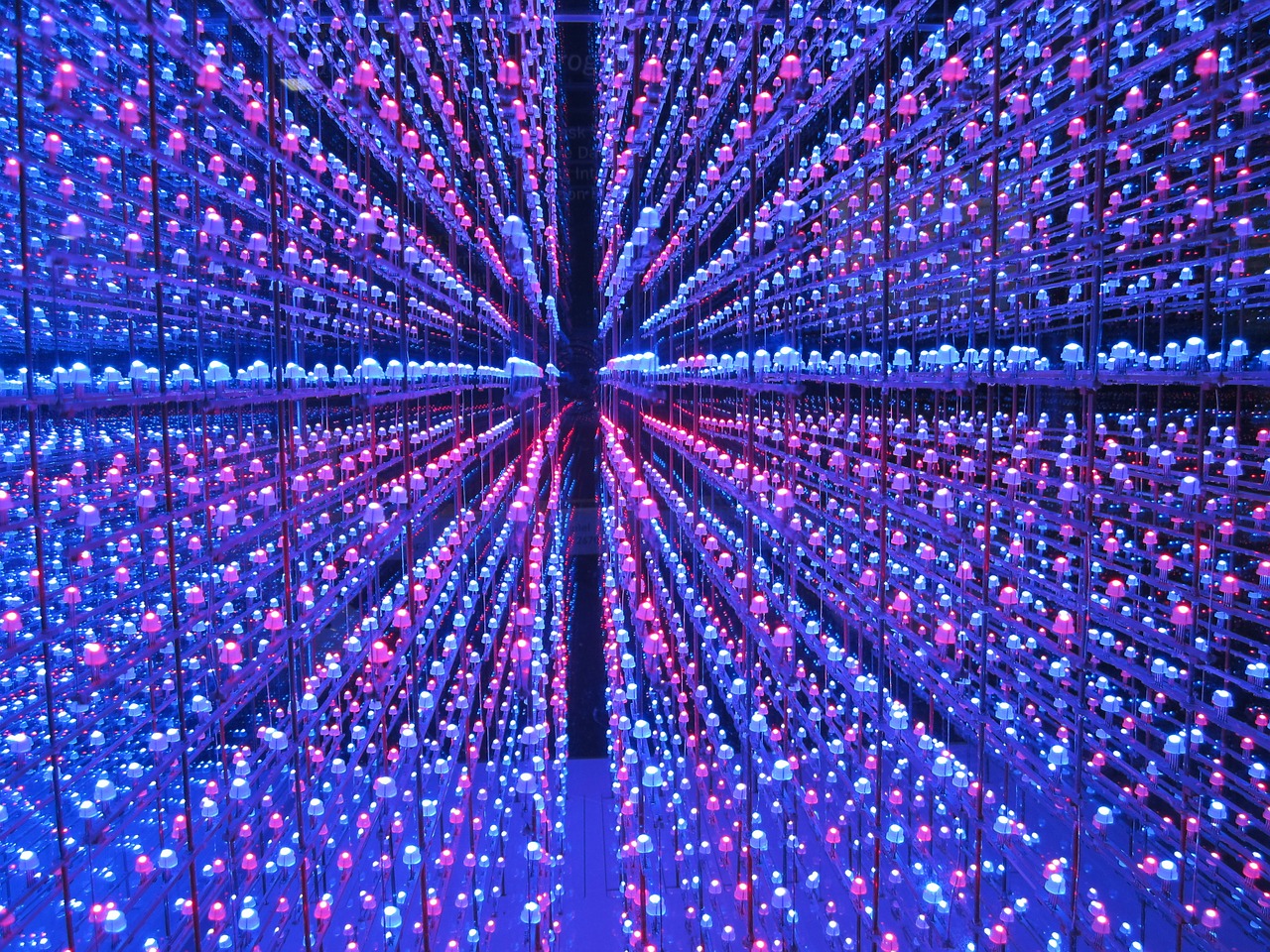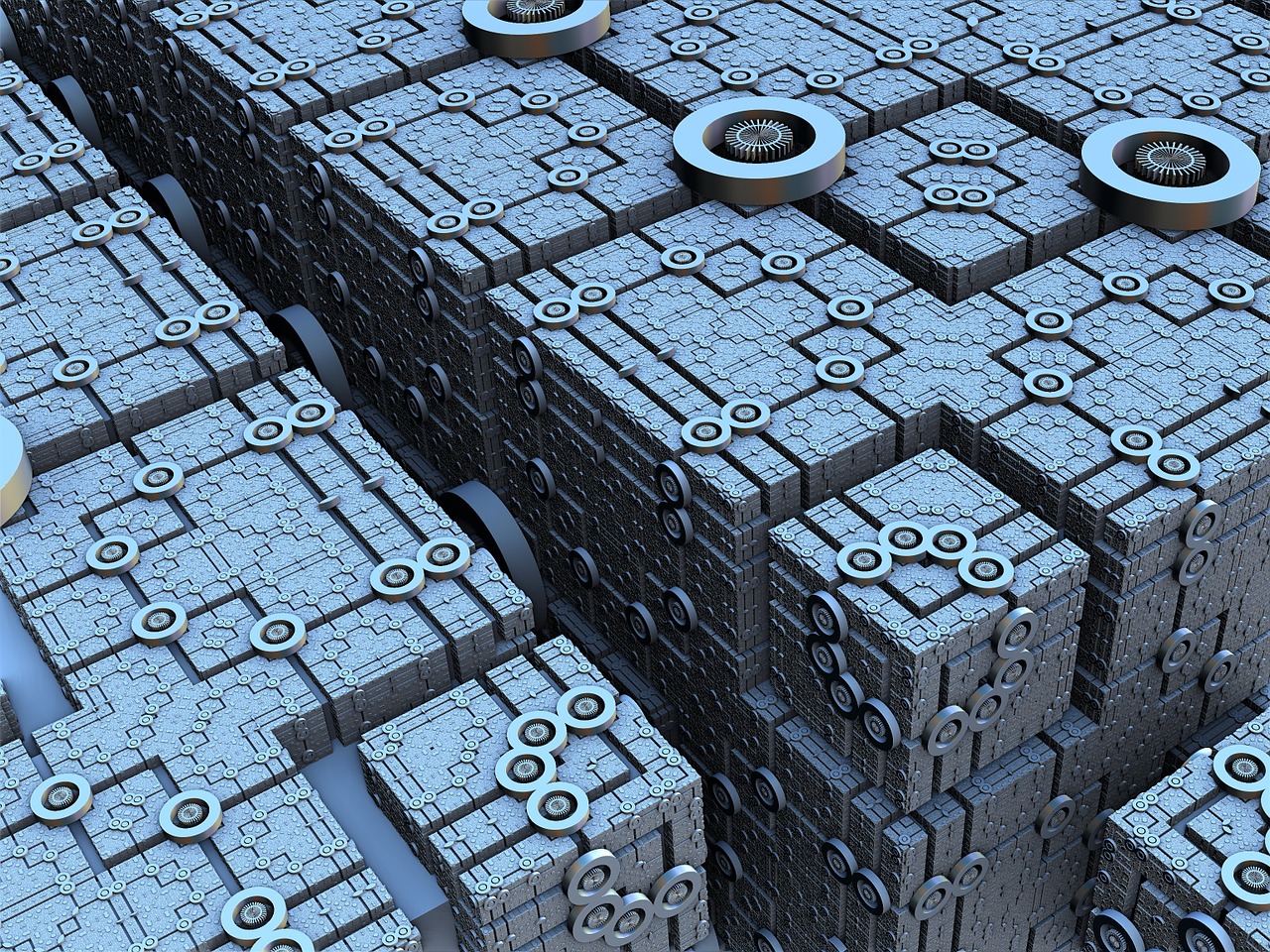How I Know The Matrix (Probably) Isn't Real
After looking back at programming during the Star Wars trilogies, Zone Leader John Vester examines the programming possibilities behind another popular sci-fi movie.
Join the DZone community and get the full member experience.
Join For FreeFresh off my recent Star Wars article, I wanted to write about another well-known movie franchise called The Matrix. While I realize there is a pretty good chance that everyone reading this article has seen at least the first Matrix movie, I thought I should give a very quick recap for those who have yet to see the movie.
What Is The Matrix?

According to Wikipedia, the Matrix is revealed to be a shared simulation of the world as it was in 1999 in which the minds of the harvested humans are trapped and pacified. The hero of the series, Neo, has been living in it since birth. Humans were placed there by intelligent machines - created by mankind - when they blocked the machines' access to solar energy. Neo realizes that something just isn't right and his quest is followed through the series of movies.
Could The Matrix Really Exist?
Watching the Matrix movies led my mind to wonder if such a thing could really exist. In theory, it seems like the answer could be yes. Imagine if technology continued to evolve, physics engines and programming improved to a point where everything around you could be processing in it's own space. The Matrix could be introduced, but in a world where the technology footprint was decades behind reality. Since the movie was released in 1999, the story chose 1999 as the legacy time period. As a result, when humans were placed into this world shortly after birth, they would really have no idea they were connected to a machine and living their life virtually. Their world would be decades behind, building upon technologies that had already surpassed their wildest dreams.
However, when I start to dive a little deeper, I begin to realize the Matrix probably couldn't really exist. A few reasons that come to mind:
1. Consider The Programming Involved

Look around your surroundings right this moment, consider the amount of programming logic that would be involved for you to handle the aspects of everything you see. There is a candle burning not too far from me right now. Since I've been writing this article, I have seen the candle burn down slightly. I have also seen the flame flicker due to changes in the wind passing through the room. Every now and then (not too often) I can catch a whiff of the scent it is providing. When I consider just that simple example and the struggle we currently face with getting our business applications running bug-free, I feel like there is a lot of room for error that would be easily caught by the human brain.
2. Consider The Processing

The humans seemed to be the only ones attached to the Matrix, but what about plants and animals? Were they attached as well? Would ants be attached to the Matrix too? If they are, that is a lot of connections to keep track of and handle - especially when you consider the energy they would provide back to the machines. If they are not connected, then that is a lot of processing that has to occur (again bug free ... no pun intended) to avoid the human brain realizing they are in the Matrix.
3. Consider The Cost

The point of the Matrix was that the machines were using the humans as an energy source. However, one has to wonder just how much energy would be required to maintain the Matrix itself - especially when you consider the idea of two humans in the Matrix starting a family and introducing more humans to maintain. Seems like there would be little (if any) energy left over for the machines.
What If I Am Wrong?

Of course, I certainly realize I could be 100% off base and completely incorrect with my thoughts. That's why I made sure to include the word "probably" in my statements above. If I am completely wrong, I have told myself that I really would prefer not to know the reality. After all, who would want to eat that stuff that looks like very running Cream of Wheat every day, sneaking around in the cold/dreary caverns of a ruined earth to avoid being captured - when they could be sitting in a nice warm condo, writing articles for DZone and enjoying a nice meal on a regular basis.
Conclusion
Despite how it might sound, I really enjoy the Matrix movies. The whole idea behind the Matrix existing has made my mind wonder about some of the points I suggested above. What are your thoughts? Do you think technology will evolve to the point where this could be a reality?
Have a really great day!
Published at DZone with permission of John Vester, DZone MVB. See the original article here.
Opinions expressed by DZone contributors are their own.

Comments